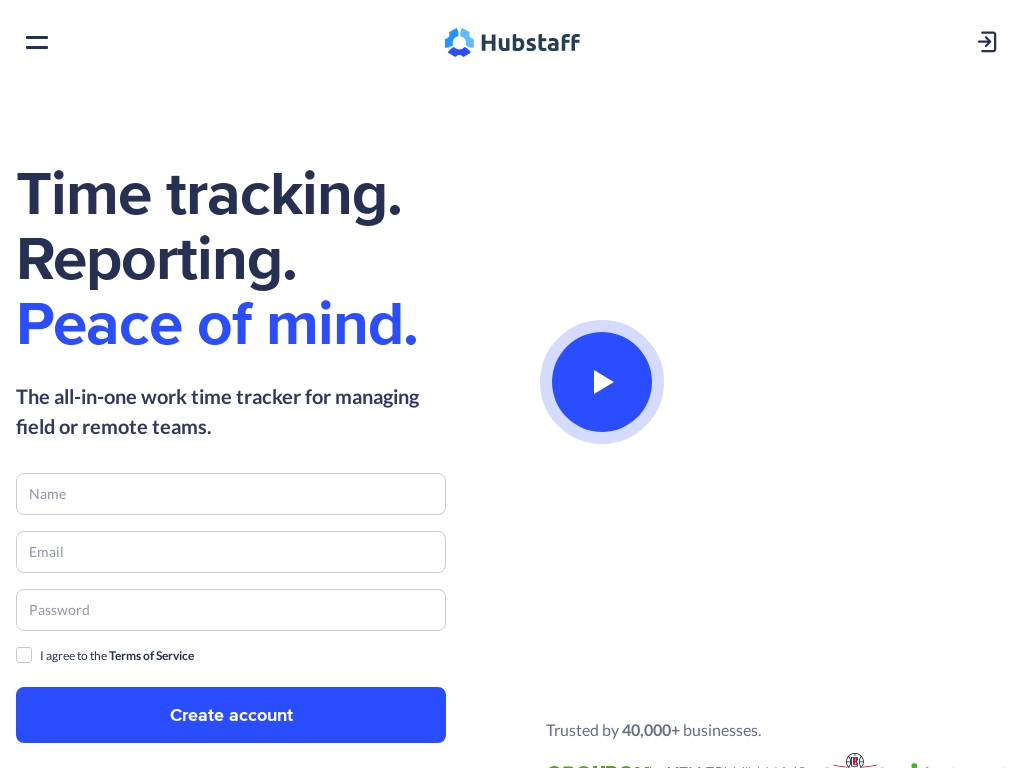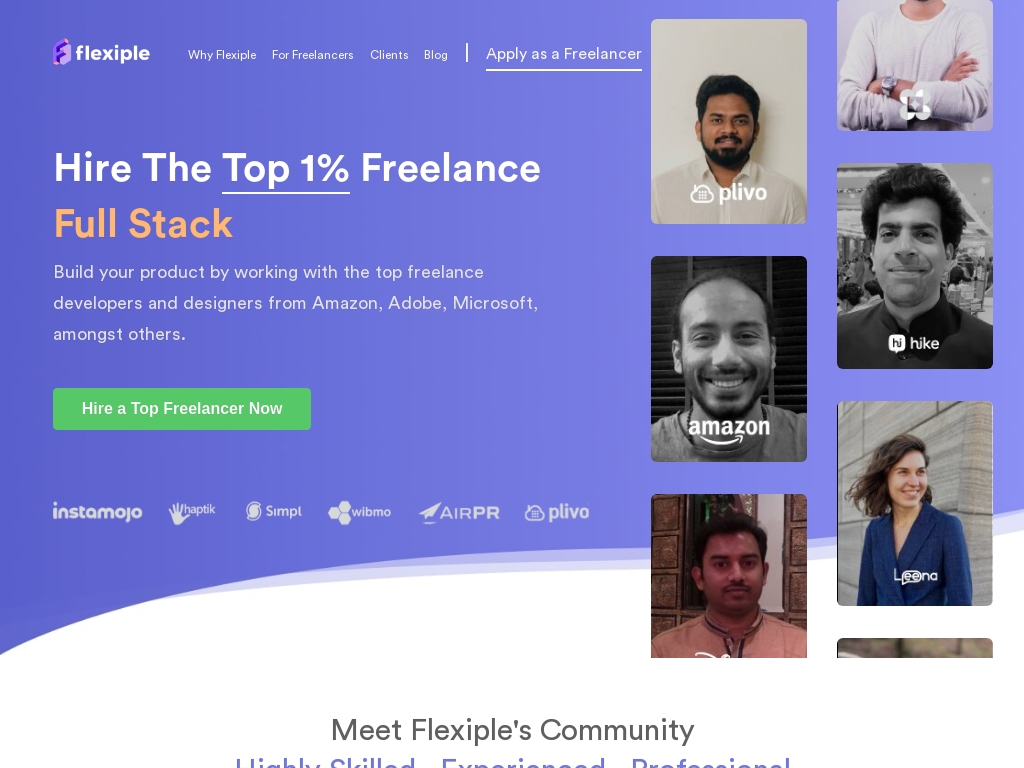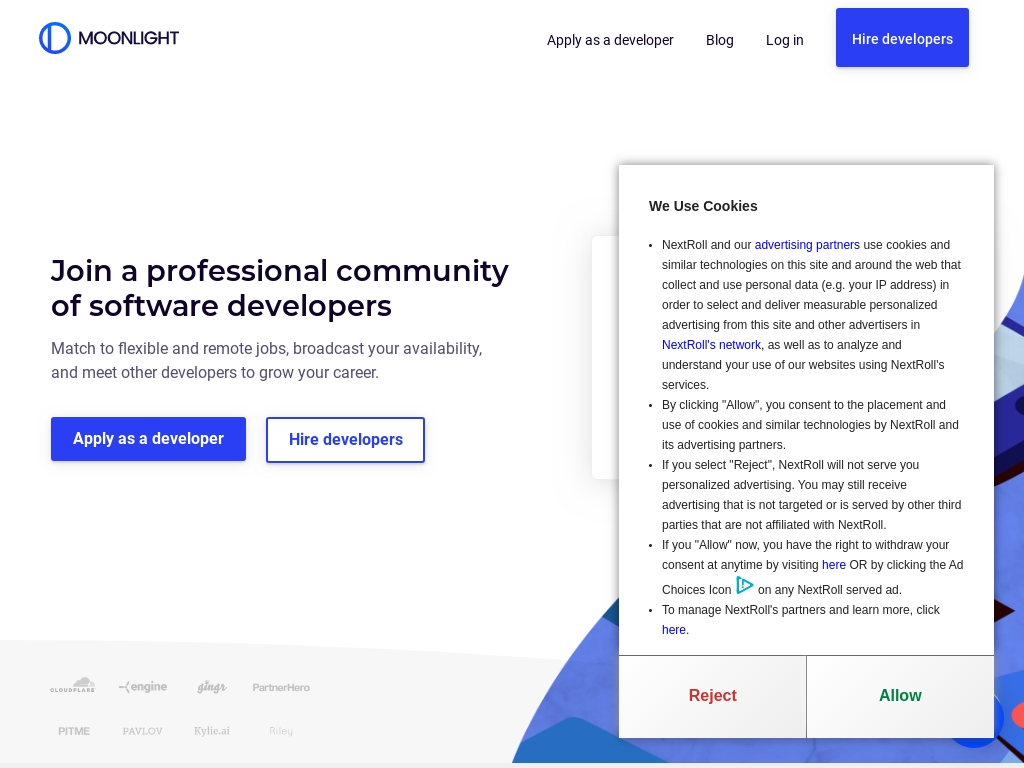
4 Freelance Network Success Stories [2024]
Looking to build a platform that connects skilled freelancers with clients in need of expertise? Consider starting a freelance network. This business model involves creating an online marketplace where freelancers can offer their services and clients can easily find and hire the talent they need.
You’ll oversee the development of a user-friendly website, manage the onboarding process for freelancers, and ensure that both parties have a seamless transaction experience. To stand out, focus on niche markets or specialized industries where expertise is highly valued.
Promoting a secure, reliable environment can build trust and attract repeat business. Monetization can be achieved through membership fees, commission on transactions, or premium listing options for freelancers. If you're looking for a dynamic way to support the gig economy while building a profitable business, a freelance network offers substantial potential with relatively low overheads.
In this list, you'll find real-world freelance network success stories and very profitable examples of starting a freelance network that makes money.
1. Hubstaff ($6M/year)
Jared Brown, co-founder of Hubstaff, came up with the idea for the time tracking tool while addressing the issue of non-developer owners and managers not knowing how long development tasks should take. Realizing that there were very few software tools providing proof of work for freelancers, he saw a strong need for his product and started building a solution. Now, Hubstaff has grown to 10,000 paying customers and $6 million in annual recurring revenue.
How much money it makes: $6M/year
How many people on the team: 54

Hubstaff grew its time tracking app to 10,000 paying customers and $6 million in annual recurring revenue by solving a real problem in the market without any big incumbents, using SEO tactics and a differentiated product with proof of work features that answered the need for owners and managers to know how long development tasks should take, manage back-office tasks, and track remote team or freelancers' work.
2. Virtudesk ($6M/year)
Pavel Stepanov, the Founder and CEO of Virtudesk, came up with the idea for his business after experiencing the dramatic results of hiring a virtual assistant for his own real estate business. He realized the power of delegating tasks and saw that other agents and entrepreneurs faced the same time constraints. With connections in the Philippines, he was able to start sourcing virtual assistants, and within two weeks of launching, he had already gained paying clients.
How much money it makes: $6M/year
How much did it cost to start: $2K
How many people on the team: 367

Virtudesk provides virtual assistant services to entrepreneurs and business owners, helping them to scale and automate their businesses with highly-trained virtual assistants based in the Philippines, resulting in over $500,000 in monthly revenue and experiencing greater growth in 2020 than in previous years.
3. Flexiple ($1.2M/year)
Suvansh Bansal, co-founder of Flexiple, came up with the idea for the freelancing platform while realizing that existing platforms focused too heavily on reviews and ratings, rather than the actual skill and expertise of freelancers. Recognizing the need for a platform that prioritizes quality interactions, Bansal and his co-founders decided to build Flexiple with a focus on providing the best freelance developers and designers in their community.
How much money it makes: $1.2M/year
How many people on the team: 9

Flexiple is a customer-funded profitable business, generating $80K in gross monthly revenues on an average over the last 6-months, driven by their focus on connecting high-quality freelancers with companies looking for reliable and remote talent, while continuously iterating on their business model and expanding into complementary areas like tech hiring and content marketing.
4. Moonlight ($780K/year)
Emma and Philip came up with the idea for Moonlight during their stint as digital nomads, where they experienced firsthand the difficulty of finding high-skill contract work outside their personal networks. This challenge was pivotal, as it highlighted a gap in the market for a platform that could connect skilled developers with companies looking for part-time remote talent.
Before diving into development, they validated their idea by creating a simple landing page on Squarespace with a Typeform, and they emailed 1,000 software developers to gauge interest. The high conversion rate from these initial outreach efforts confirmed that other freelancers faced the same problem, which assured them that their idea had merit.
To refine their concept, they started by manually matching developers with companies using tools like Zapier, Google Sheets, and email. The success of these manual processes helped them gather valuable feedback, which they used to iterate on their product before committing to more extensive development. This approach not only minimized risk but also allowed them to build a solution that was closely aligned with user needs.
How much money it makes: $780K/year
How many people on the team: 5


Download the report and join our email newsletter packed with business ideas and money-making opportunities, backed by real-life case studies.

Download the report and join our email newsletter packed with business ideas and money-making opportunities, backed by real-life case studies.

Download the report and join our email newsletter packed with business ideas and money-making opportunities, backed by real-life case studies.

Download the report and join our email newsletter packed with business ideas and money-making opportunities, backed by real-life case studies.

Download the report and join our email newsletter packed with business ideas and money-making opportunities, backed by real-life case studies.

Download the report and join our email newsletter packed with business ideas and money-making opportunities, backed by real-life case studies.

Download the report and join our email newsletter packed with business ideas and money-making opportunities, backed by real-life case studies.

Download the report and join our email newsletter packed with business ideas and money-making opportunities, backed by real-life case studies.




